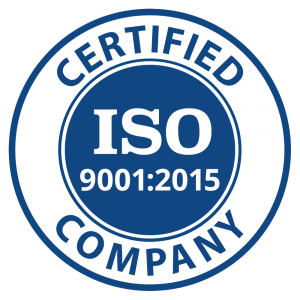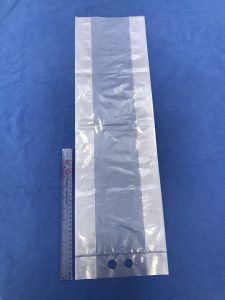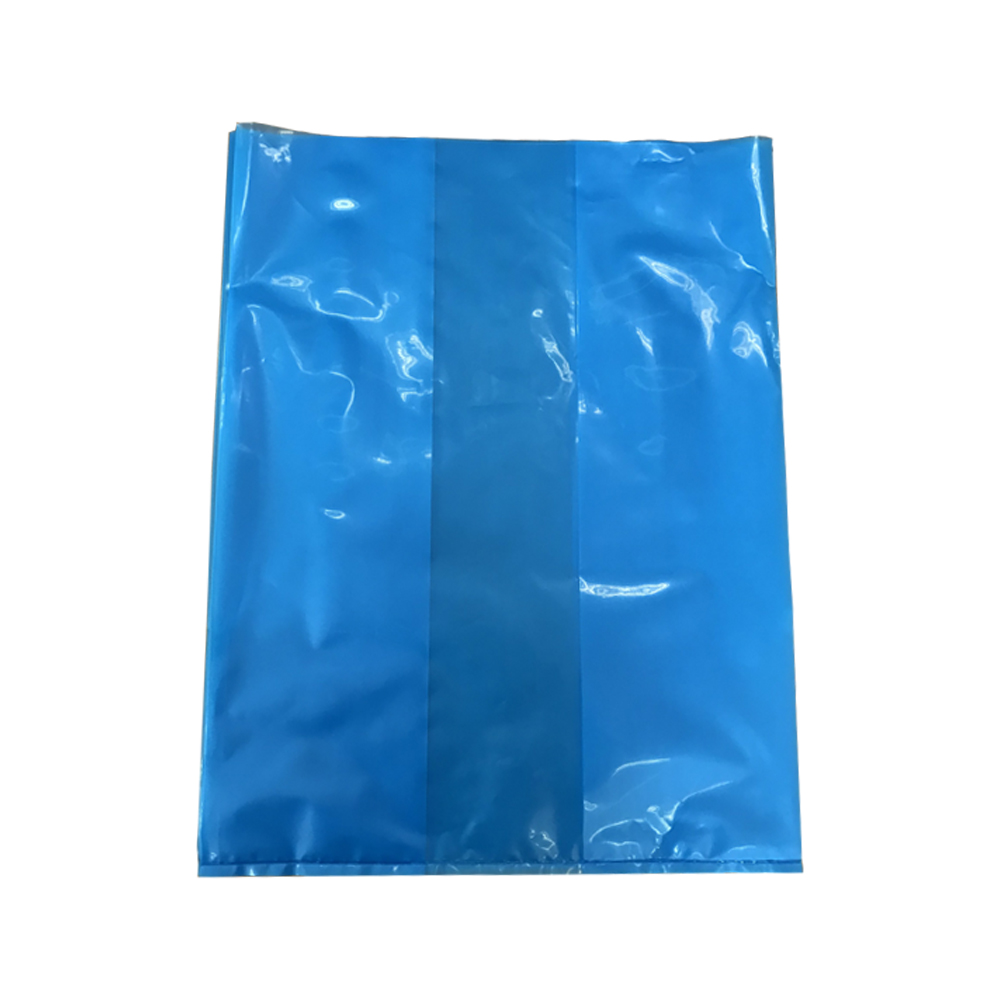Recently, packaging that minimizes environmental impact has been driven by the increased global trend of consuming green products. Currently, many businesses around the world have also converted their production process to a circular economy model…
Circular economy is the answer to the trend of sustainable economic development when design, production and service activities set the goal of extending the life of materials, and eliminating negative impacts on the environment. Circular economy and sustainable development are not only about applying technology but also ensuring the “regeneration” of raw materials, a process carried out throughout the supply chain from input materials to final products. together. This issue creates opportunities and challenges for businesses, including those in the beverage industry.
Efforts towards green packaging
From October 2023, a series of products exported to Europe will be subject to Europe’s carbon border adjustment policy. Therefore, reducing greenhouse gas emissions is both a trend and a requirement that businesses must implement if Vietnam wants to participate in the global market. At the training workshop on “Inventory and mitigation of greenhouse gas emissions for food and beverage manufacturing enterprises”, Mr Nguyen Tuan Quang, Deputy Director of the Department of Climate Change, Ministry of Natural Resources and Environment, shared: Emissions from the food and beverage manufacturing industry account for about 26% of global emissions, a number that could nearly double by 2050 compared to today.
Manufacturing processes, including the inputs and energy required to process and transport products, are the leading cause of emissions. At the same time, packaging also accounts for a similar proportion of emissions, about 5.4%, more than transportation or other supply chain elements. Therefore, the Vietnam Environmentally Friendly Products Manufacturers Association (EPMA), commented that the trend of converting to green packaging requires businesses to change production associated with environmental protection, Which seizes opportunities not only in the export market but also in the domestic market.
Recently, sharing at the 2023 Sustainable Development Conference with the theme “The Green Road”, Mr. Binu Jacob, General Director of Nestlé Vietnam, emphasized: design improvements to eliminate packaging parts. unnecessary, reducing the use of virgin plastic and replacing it with environmentally friendly materials has helped Nestlé Vietnam reduce nearly 2,500 tons of plastic packaging in 2 years (2021-2022). To date, about 94% of the company’s product packaging is designed to be recyclable and reusable. Currently, Nestlé Vietnam is also aiming to use single-layer packaging to make recycling easier.
In 2022, Tetra Pak, a provider of food processing and packaging solutions from Sweden, and Dong Tien Paper and Packaging Company also announced an investment worth 3.5 million EUR to upgrade and Expand the recycling capacity for used beverage cartons in Vietnam. “Supporting the building of local paper box recycling capacity is part of Tetra Pak’s strategy to create a low-carbon, circular economy globally. It also demonstrates our commitment to accompanying food and beverage manufacturers in implementing the responsibility of collecting packaging after use,” said Mr. Eliseo Barcas, General Director of Tetra Pak Vietnam. know.
Mr Le Anh, director of sustainable development of Duy Tan Recycling Plastic Company, said that with a factory capacity of 30,000 tons/year, the company has collected domestic plastic bottles and recycled them into plastic pellets. There are products that are recycled 20 times, contributing to creating a new life cycle for plastic waste. “Plastic recycling is a long process that takes up to 2-3 years. Especially during the period when we and our partners test the product, it sometimes takes up to two years to meet the requirements for quality and use value compared to regular plastic,” Mr. Le Anh said.
Nowadays, businesses have put the choice of packaging materials for beverage products on the table to ensure product quality, environmental friendliness and the highest recyclability. According to Mr. Amit Lahoti, Asia General Director of Ball Beverage Packaging Group, in Vietnam more than 77% of aluminium cans are being collected for recycling. Evaluation from many studies shows that aluminium cans contain more than 76% recycled materials because they achieve the highest circular material score…
The content of the article was published in Vietnam Economic Journal No. 17-2023 published on April 24, 2023.







 Tiếng Việt
Tiếng Việt